Source: Panetta wasn't aware of Mark Boal's attendance at CIA ceremony

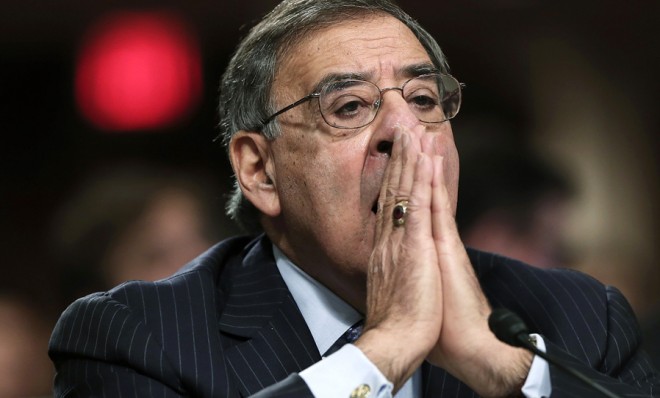
When CIA Director Leon Panetta ebulliently thanked members of SEAL Team Six at an agency ceremony honoring participants in the manhunt for Osama bin Laden, he was not aware that the CIA's public affairs shop had allowed writer Mark Boal to attend, an associate of Panetta's said today.
A report published by the Project for Government Oversight implied that Panetta knowingly disclosed classified information to someone who was not cleared to hear it because Panetta had endorsed the project that Boal and director Kathryn Bigelow had proposed.
But the associate, who asked not to be identified because the report deals with classified information, said Panetta was not told by his staff about Boal's attendance. The associate said that the CIA's public affairs staff allowed Boal to attend with the promise that he not divulge any information provided, although he could use the ceremony for "atmospherics." At the ceremony, Panetta identified by name the unit that conducted the raid, and, apparently departing from his speech text, which had been written for him by the public affairs staff, disclosed information that the Defense Department considered in retrospect to be classified at the Top Secret/Sensitive Compartmented Information level.
The Week
Escape your echo chamber. Get the facts behind the news, plus analysis from multiple perspectives.

Sign up for The Week's Free Newsletters
From our morning news briefing to a weekly Good News Newsletter, get the best of The Week delivered directly to your inbox.
From our morning news briefing to a weekly Good News Newsletter, get the best of The Week delivered directly to your inbox.
This means that classified information deemed by the CIA to be "SECRET" could be simultaneously and perhaps just as validly classified at a higher level by another government agency. One of the inherent difficulties in sorting and keeping secrets is that the government doesn't have solid and consistent standards for national security information.
Still, Boal's presence raises a question. Is it common for the CIA to allow non-cleared personnel to attend ostensibly secret agency functions?
Yes. The agency will rely upon its relationship with that person, be he or she a reporter or a writer or a consultant, and ask them to adhere to the guidelines that employees with security clearances must abide by. The agency is not supposed to do this, but it always has done this, always and forever, since the beginning of its existence. And, as is the case with Boal, the information holds. There is no indication that Boal disclosed any secret information he might have learned.
Put this in the context of the government's prosecution of leakers, though, and it seems unfair. The CIA public affairs staff has, it seems, broad permission to promote the agency's prerogatives, and that would include occasionally exposing uncleared people to situations where classified information might be shared. Whistleblowers, on the other hand, who have taken the same oath not to disclose classified information, are liable for aggressive prosecution if they share information outside the circle.
A free daily email with the biggest news stories of the day – and the best features from TheWeek.com
The government likes to say that it tries to treat all disclosures equally. But it does not. The size and scope of the information revealed matters. Whether the information could plausibly fall under the cover of an informal "policy explanation" privilege that the National Security Council seems to think it has — that also matters. The harm done by the disclosure matters. The pressure from Congress matters. The "message" behind the prosecution matters.
A government source said that the Pentagon's inspector general is not finished drafting its full report, and that the conclusions drawn by the one released to POGO "differ" from the one that will be sent to Congress.
Marc Ambinder is TheWeek.com's editor-at-large. He is the author, with D.B. Grady, of The Command and Deep State: Inside the Government Secrecy Industry. Marc is also a contributing editor for The Atlantic and GQ. Formerly, he served as White House correspondent for National Journal, chief political consultant for CBS News, and politics editor at The Atlantic. Marc is a 2001 graduate of Harvard. He is married to Michael Park, a corporate strategy consultant, and lives in Los Angeles.
-
 Ryanair/SpaceX: could Musk really buy the airline?
Ryanair/SpaceX: could Musk really buy the airline?Talking Point Irish budget carrier has become embroiled in unlikely feud with the world’s wealthiest man
-
 Claudette Colvin: teenage activist who paved the way for Rosa Parks
Claudette Colvin: teenage activist who paved the way for Rosa ParksIn The Spotlight Inspired by the example of 19th century abolitionists, 15-year-old Colvin refused to give up her seat on an Alabama bus
-
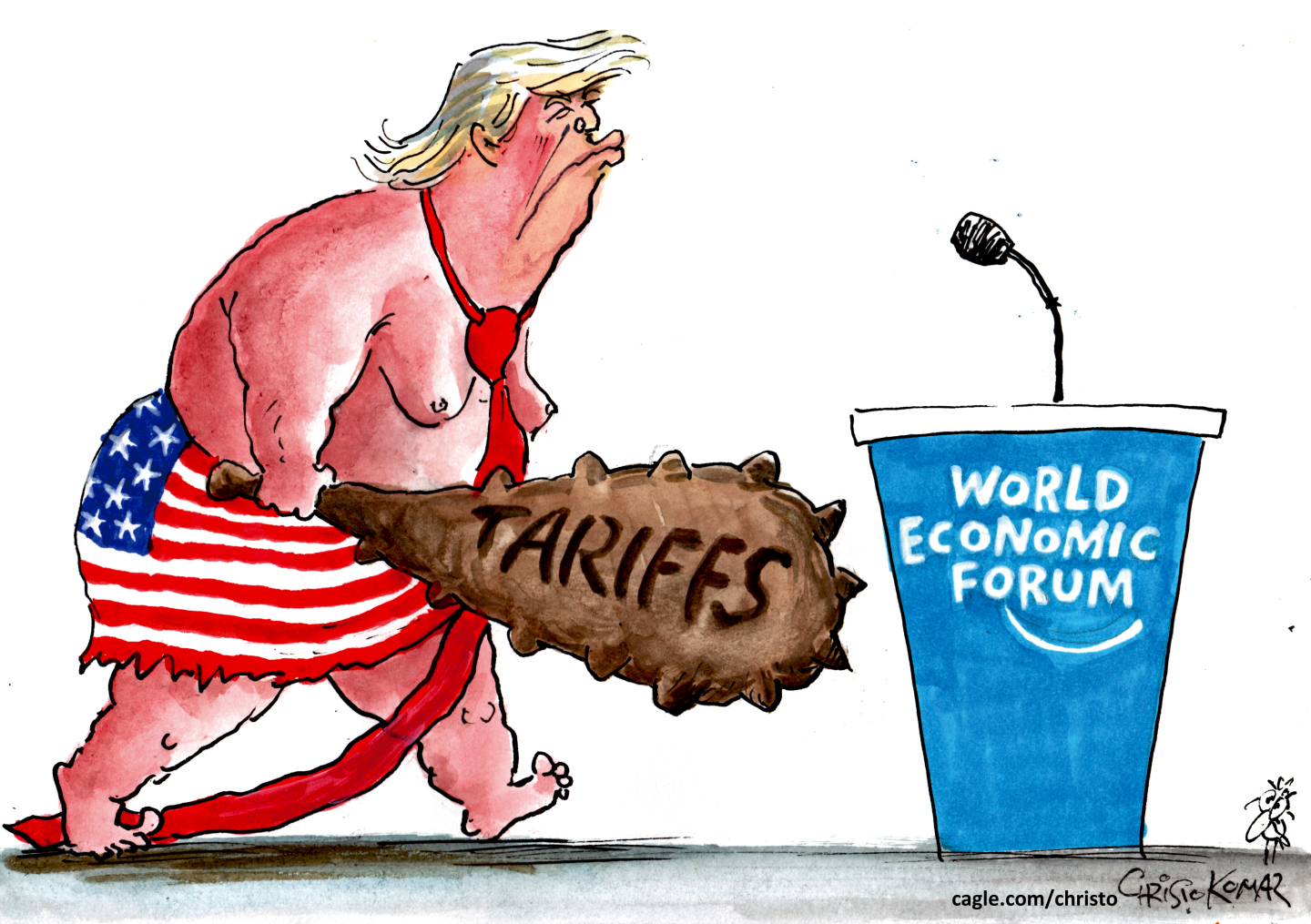 5 contentious cartoons about Donald Trump at Davos
5 contentious cartoons about Donald Trump at DavosCartoons Artists take on weaponized tariffs, a cheeky offering, and more
-
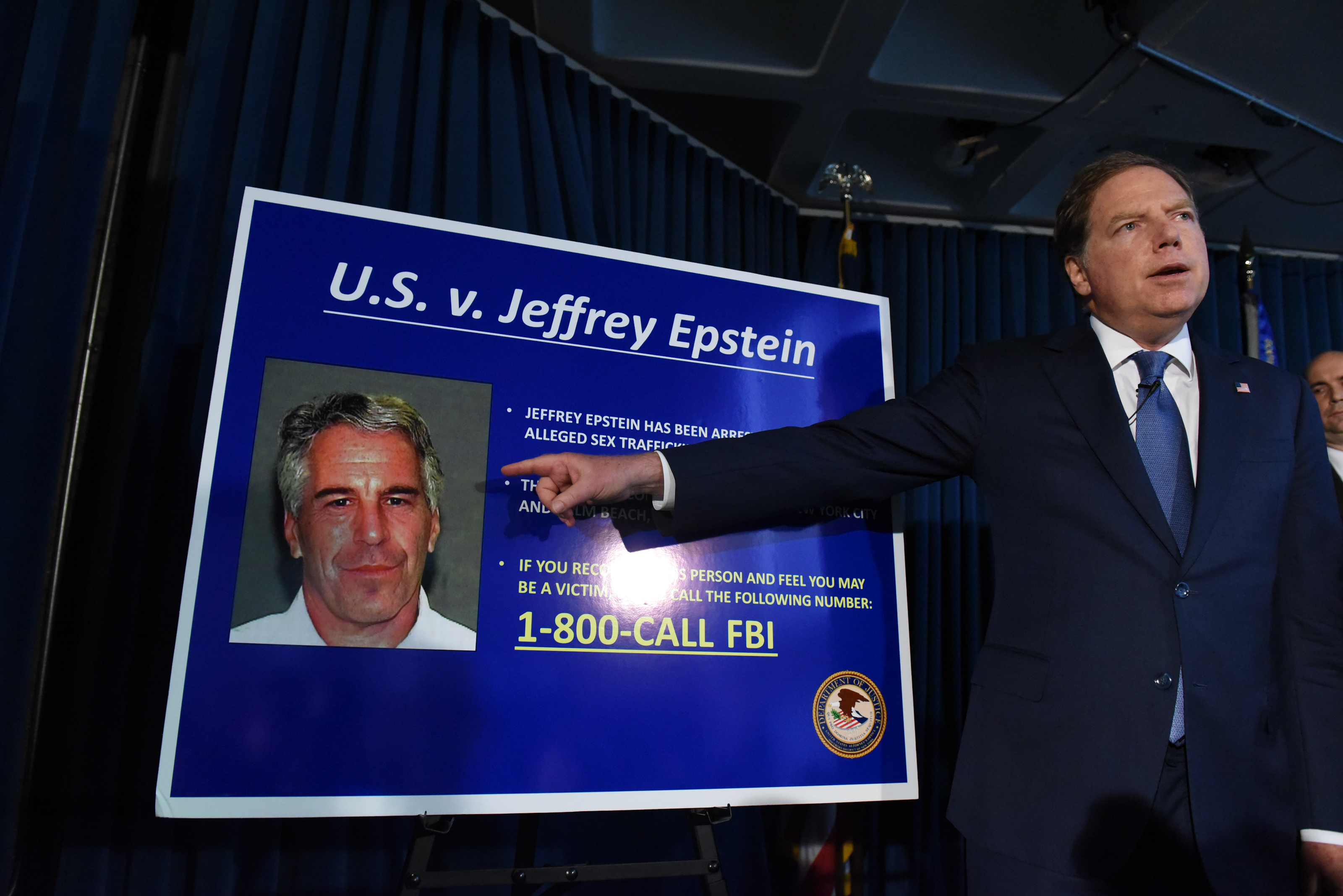 7 lingering questions about Jeffrey Epstein's death
7 lingering questions about Jeffrey Epstein's deathThe Explainer Truth can be as strange as conspiracy theories
-
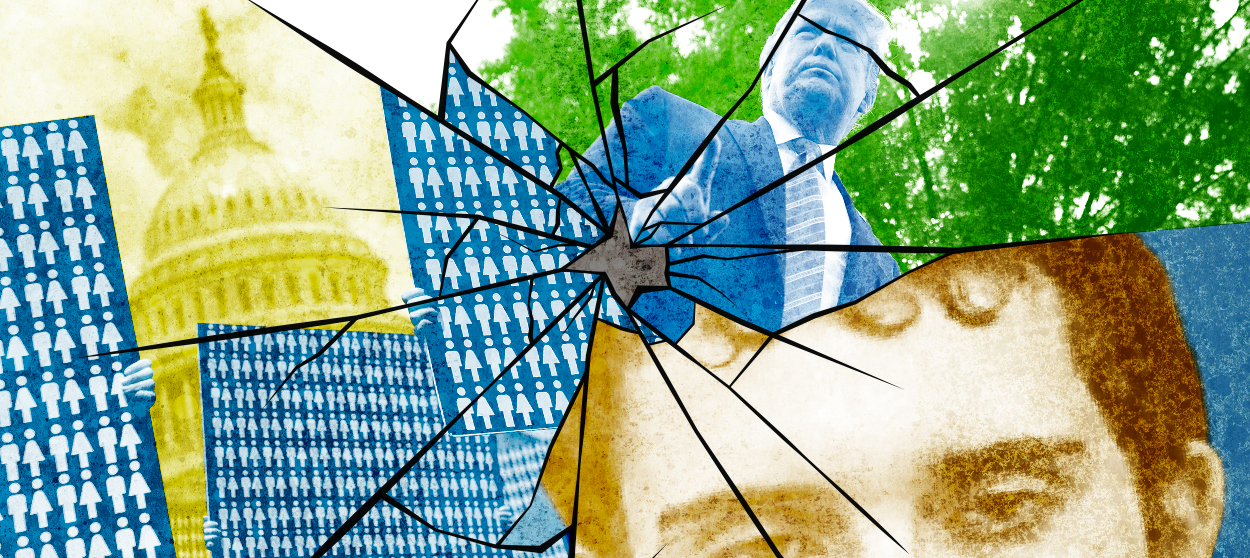 3 things everyone is getting wrong about the El Paso-Dayton shootings
3 things everyone is getting wrong about the El Paso-Dayton shootingsThe Explainer Mental illness is a red herring — but so is Trump
-
 Is it dangerous to lionize the heroes of school shootings?
Is it dangerous to lionize the heroes of school shootings?The Explainer Honoring the children who die saving classmates is laudable — but we should tread carefully
-
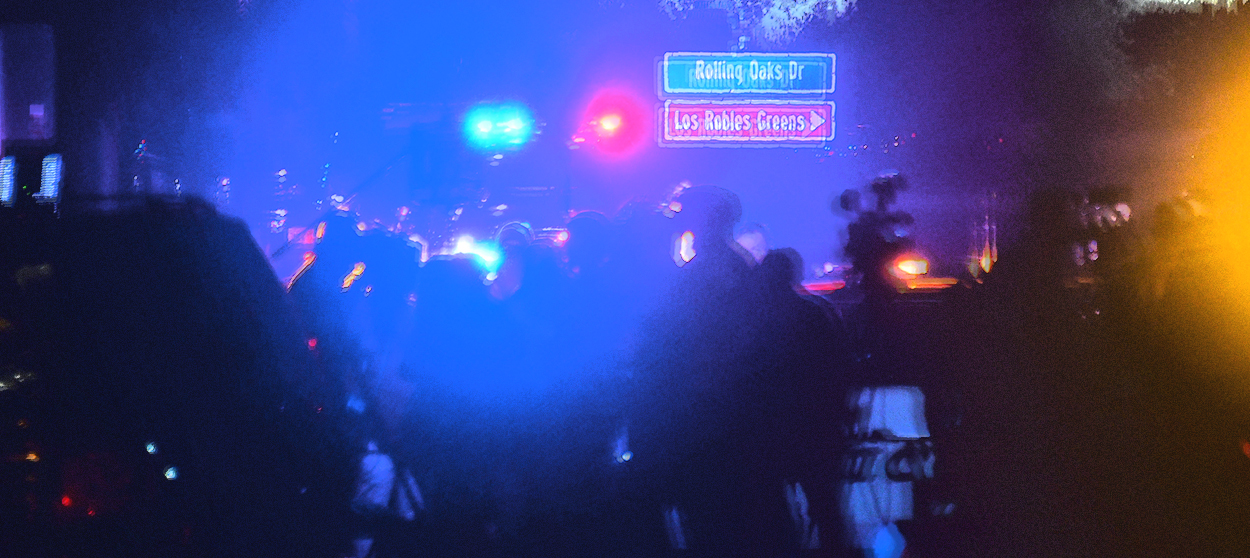 The fear we all live with
The fear we all live withThe Explainer What mass shootings have done to the American psyche
-
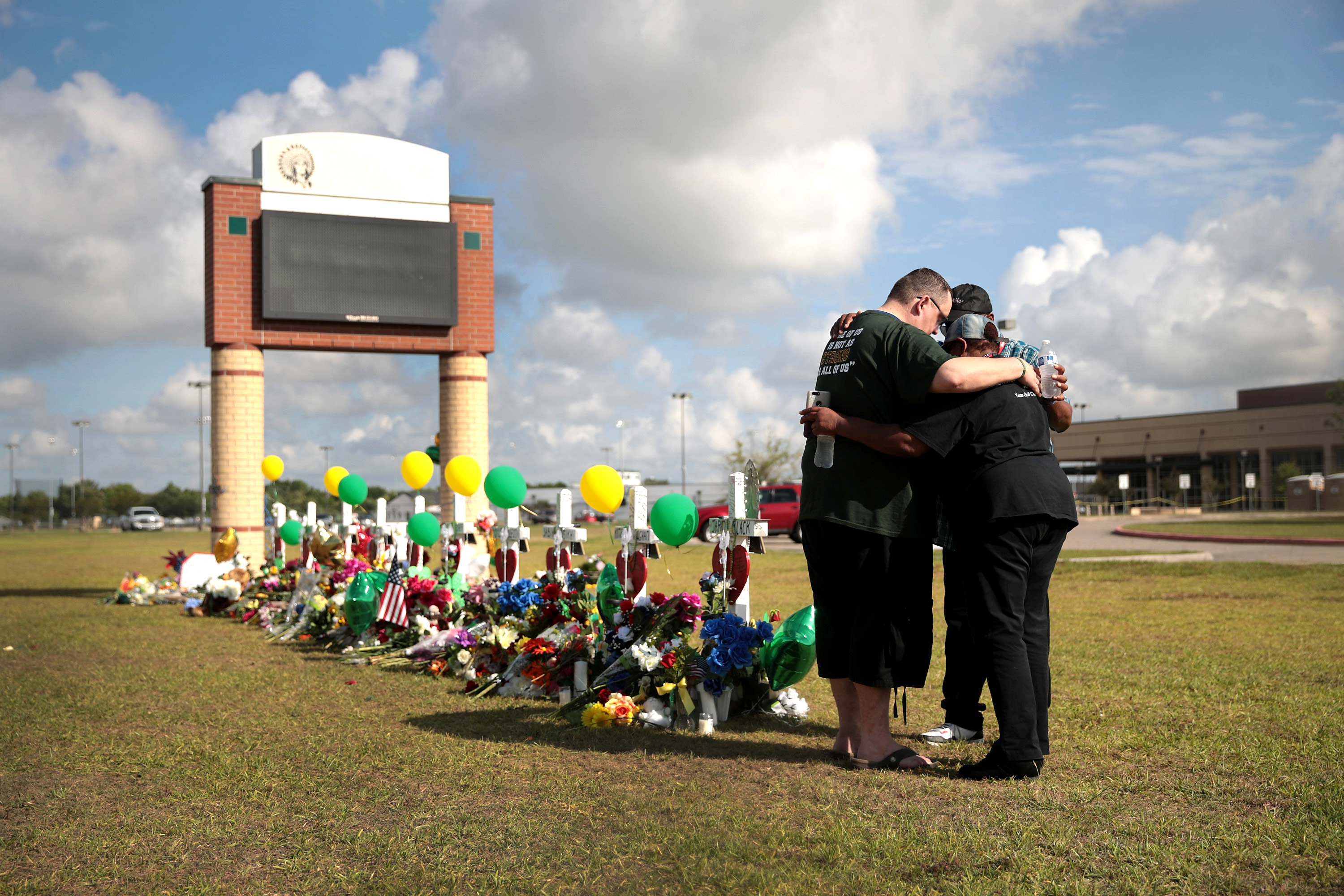 The sick phenomenon of school shooting contagion
The sick phenomenon of school shooting contagionThe Explainer Mass shootings can spread like a disease, with each massacre inspiring new rampages. Can the cycle of violence be stopped?
-
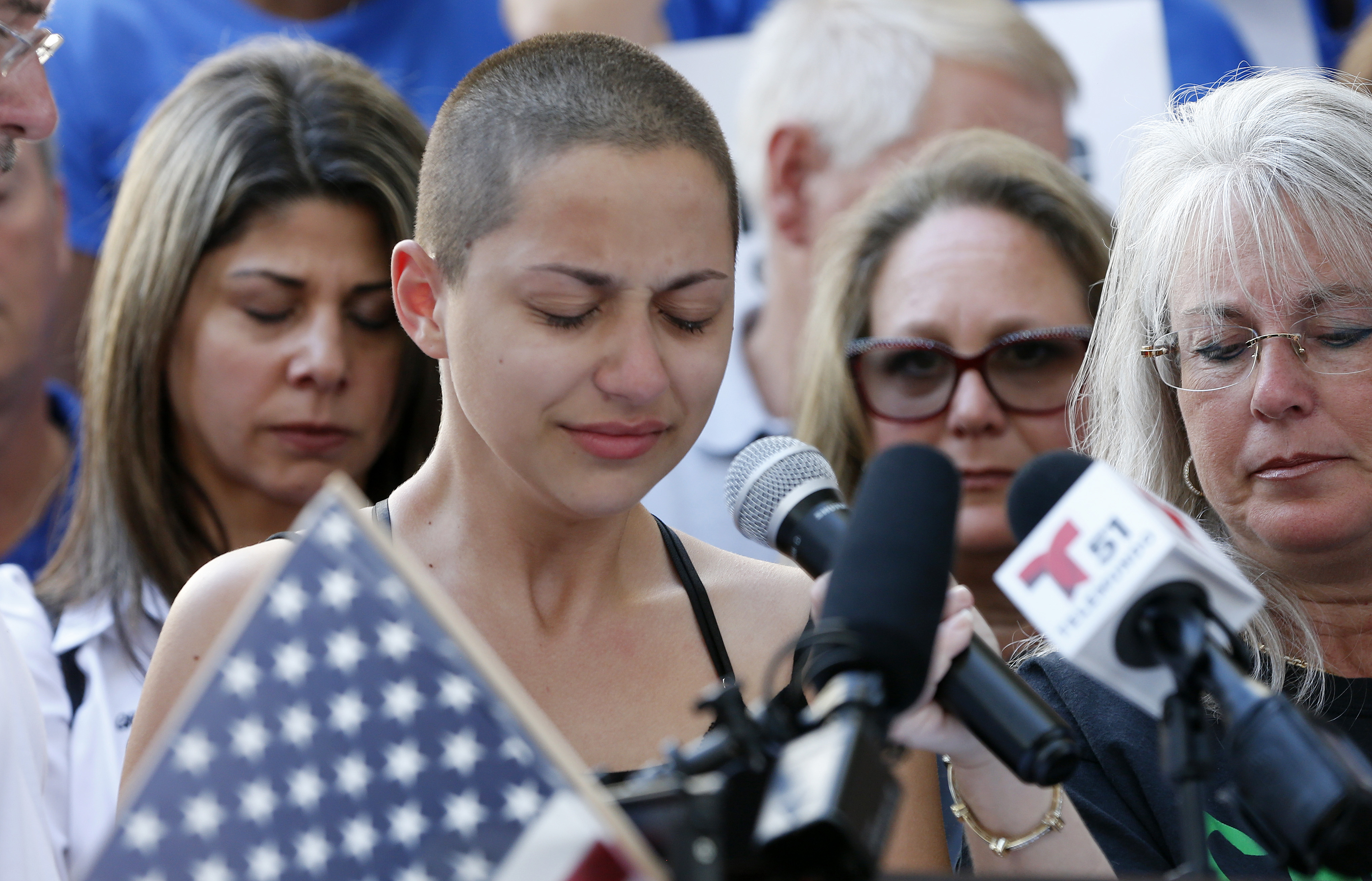 Why the Parkland conspiracy theories are different
Why the Parkland conspiracy theories are differentThe Explainer They aren't an attempt to make crazy sense of a senseless tragedy. They are a way of saying to the tragedy's victims and survivors: You aren't even worth arguing with.
-
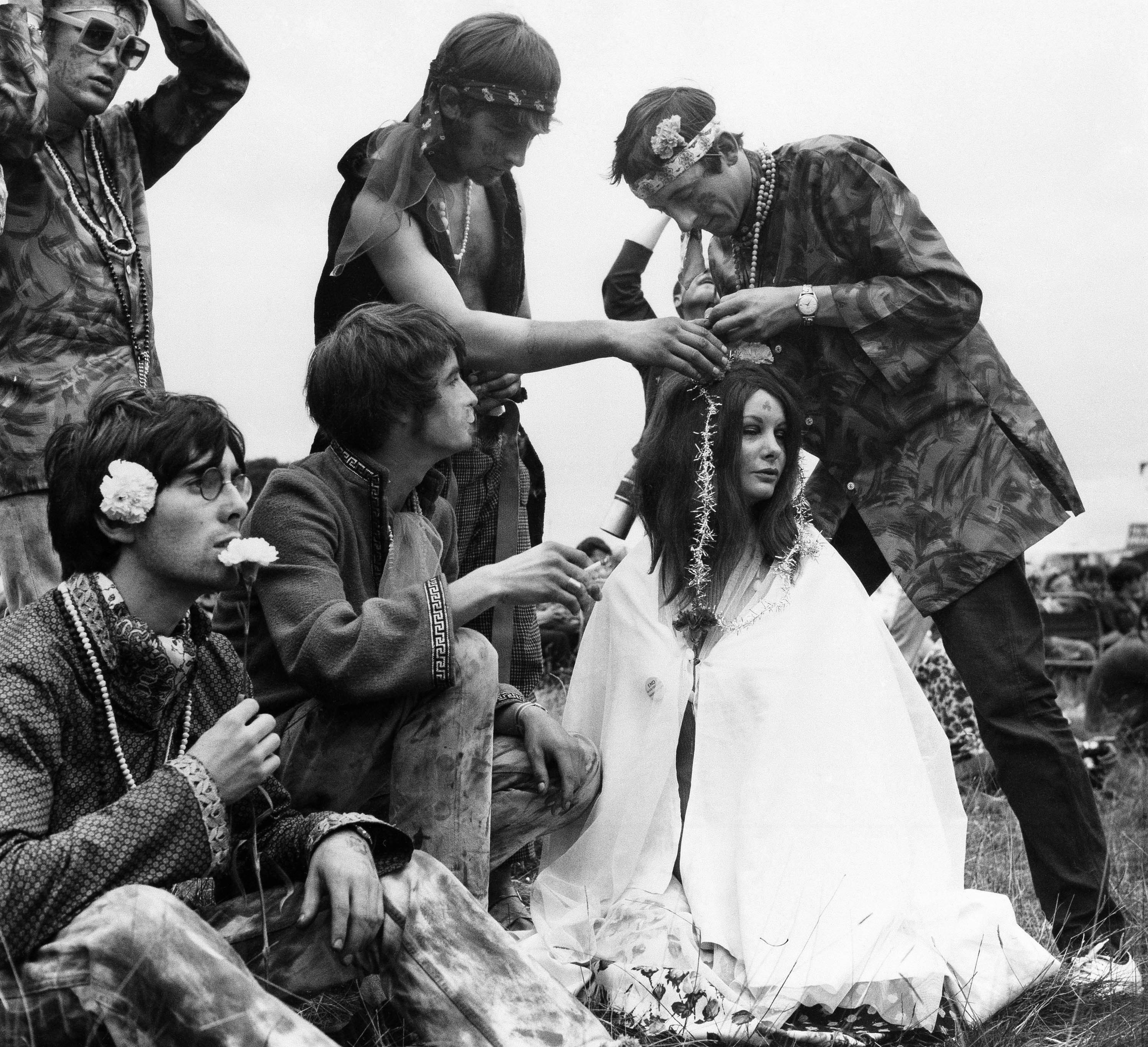 Sex, drugs, and the Summer of Love
Sex, drugs, and the Summer of LoveThe Explainer Fifty years ago this summer, 75,000 young people flocked to San Francisco to "turn on, tune in, drop out"
-
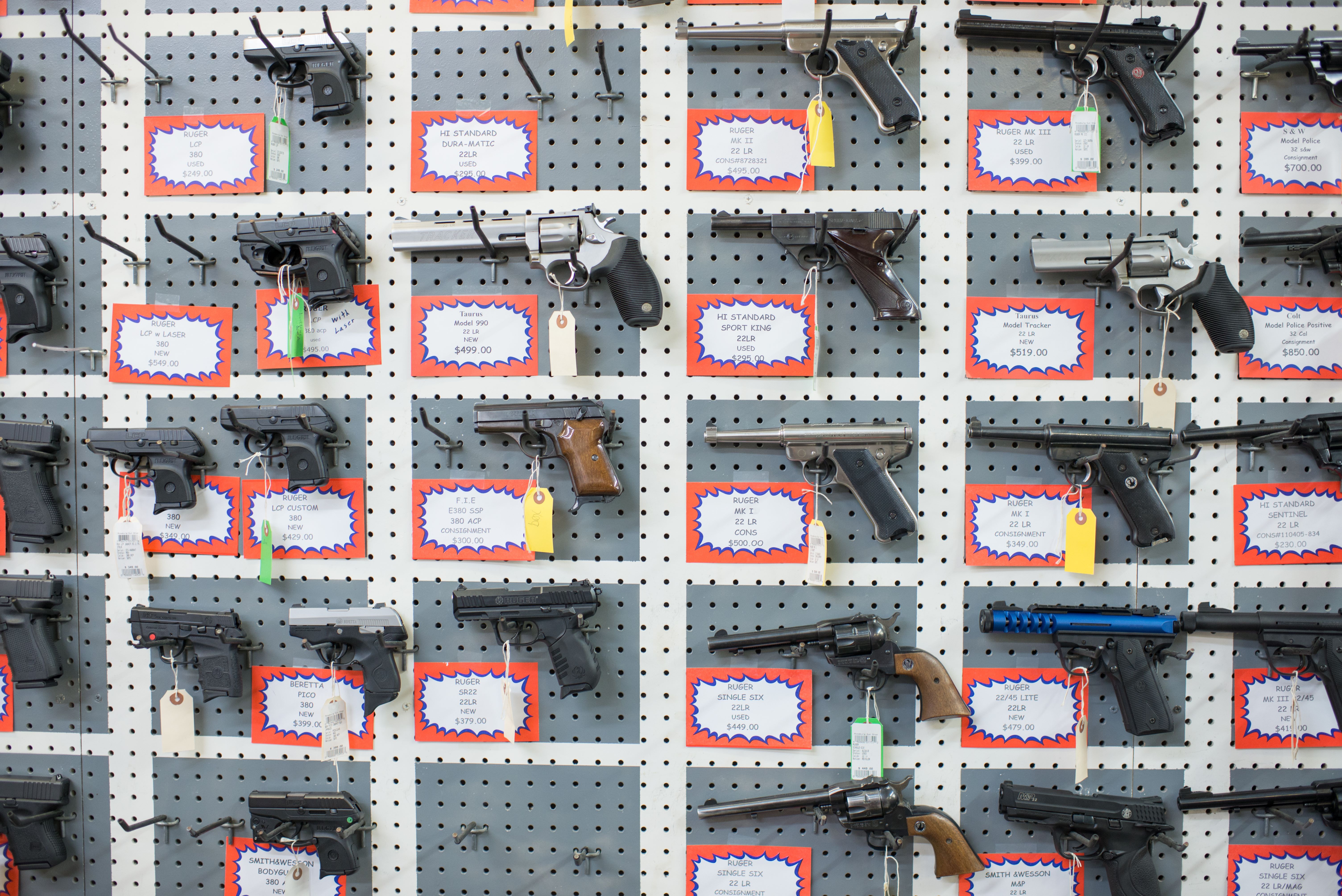 What we know about gun violence may surprise you
What we know about gun violence may surprise youThe Explainer Contradictions abound
